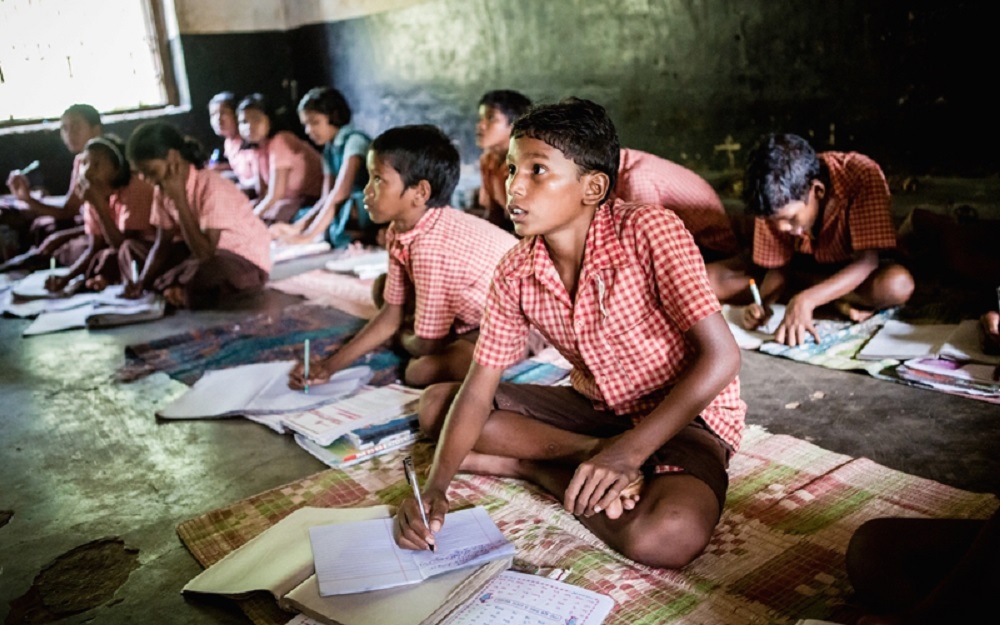Education is a powerful tool that opens doors to opportunities, economic growth, and social mobility. Conversely, the lack of education can trap individuals and communities in a cycle of poverty that is challenging to break free from. In this blog post of Fikrah, we delve into how the absence of education contributes to and perpetuates poverty. Thus outlining the key factors that create this complex interplay.
How the absence of education contributes to and perpetuates poverty:
1. Limited Employment Opportunities
Education equips individuals with skills that are essential for securing better employment opportunities. Without education, individuals are often limited to low-skilled, low-paying jobs. That offers little chance for economic advancement.
2. Reduced Earning Potential
A lack of education correlates with reduced earning potential. Individuals with higher levels of education tend to earn more throughout their lives. Which contributes to higher living standards and the ability to invest in health, housing, and other necessities.
3. Inadequate Access to Resources
Education provides individuals with the knowledge to access vital resources such as healthcare, financial services, and legal rights. Without education, individuals may struggle to navigate these essential systems. Thus leading to further vulnerability and poverty.
4. Limited Decision-Making Abilities
Education enhances critical thinking and decision-making skills. Lack of education can hinder individuals’ ability to make informed choices. About family planning, health, and economic opportunities. Thus perpetuating a cycle of limited choices and outcomes.
5. Generational Transfer of Poverty
The lack of education can lead to a generational transfer of poverty. Parents with limited education may struggle to provide their children with the necessary support and resources for education. Thus perpetuating the cycle of limited opportunities.
6. Impact on Health and Well-being
Educated individuals are more likely to have better health outcomes. Due to their awareness of healthcare practices and access to information. Lack of education can lead to poor health. Thus resulting in higher medical expenses and further economic strain.
7. Reduced Social Mobility
Education is a powerful driver of social mobility. Without education, individuals are often confined to their current socio-economic status. Thus making it challenging to escape poverty and improve their circumstances.
Click here to know more about “The Lack of Education cause poverty”
Conclusion:
The lack of education is a significant factor contributing to the vicious cycle of poverty. Limited employment opportunities, reduced earning potential, inadequate access to resources, compromised decision-making abilities, generational poverty transfer, health impacts, and reduced social mobility all intertwine to create a challenging environment.
Breaking this cycle requires comprehensive efforts. Including investing in quality education, promoting equal access to educational opportunities, and addressing systemic barriers that perpetuate educational inequality.
By addressing the root causes of education deprivation, societies can begin to unravel the complex web of poverty and provide individuals with a path toward empowerment, economic stability, and a brighter future.

